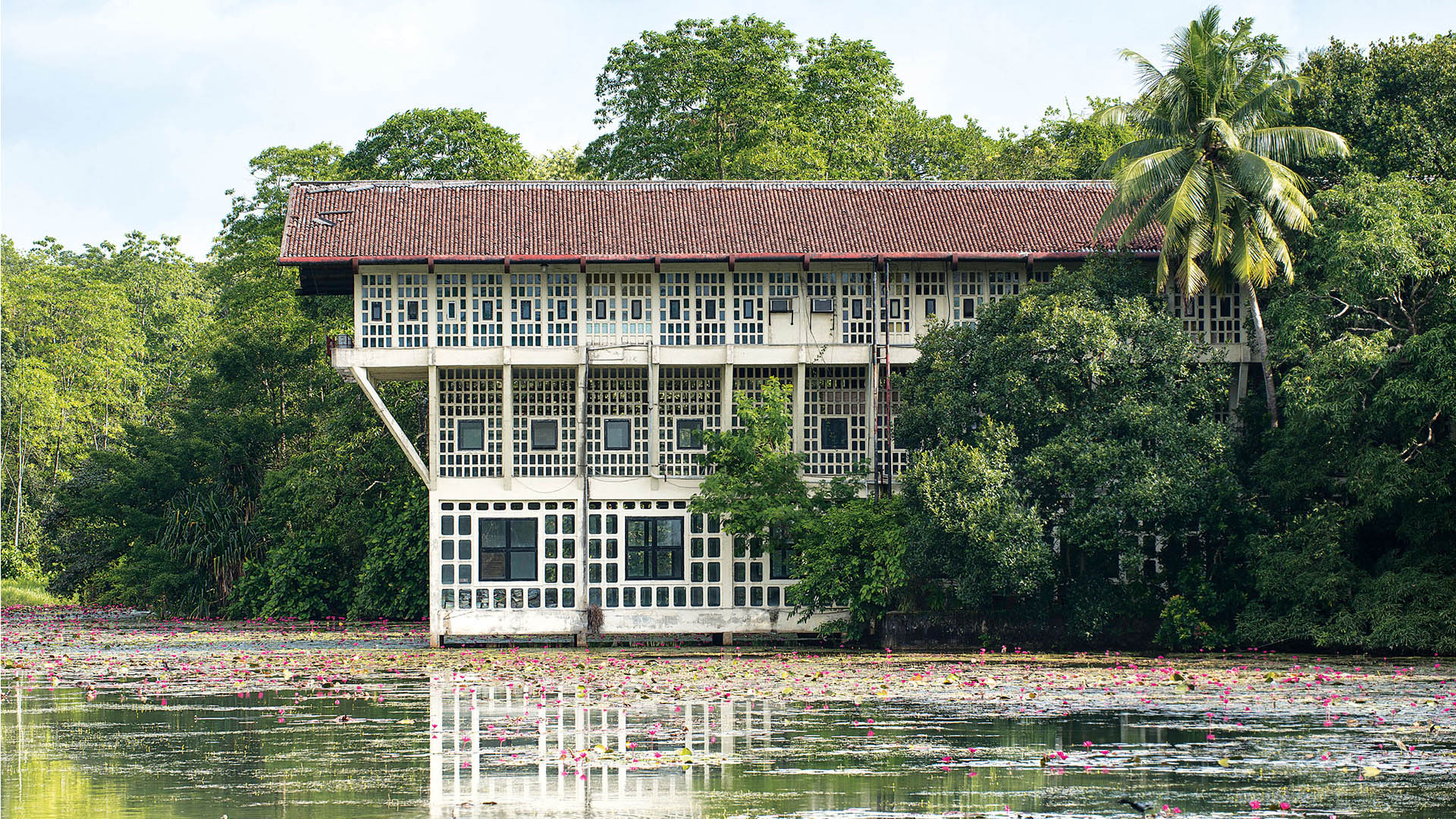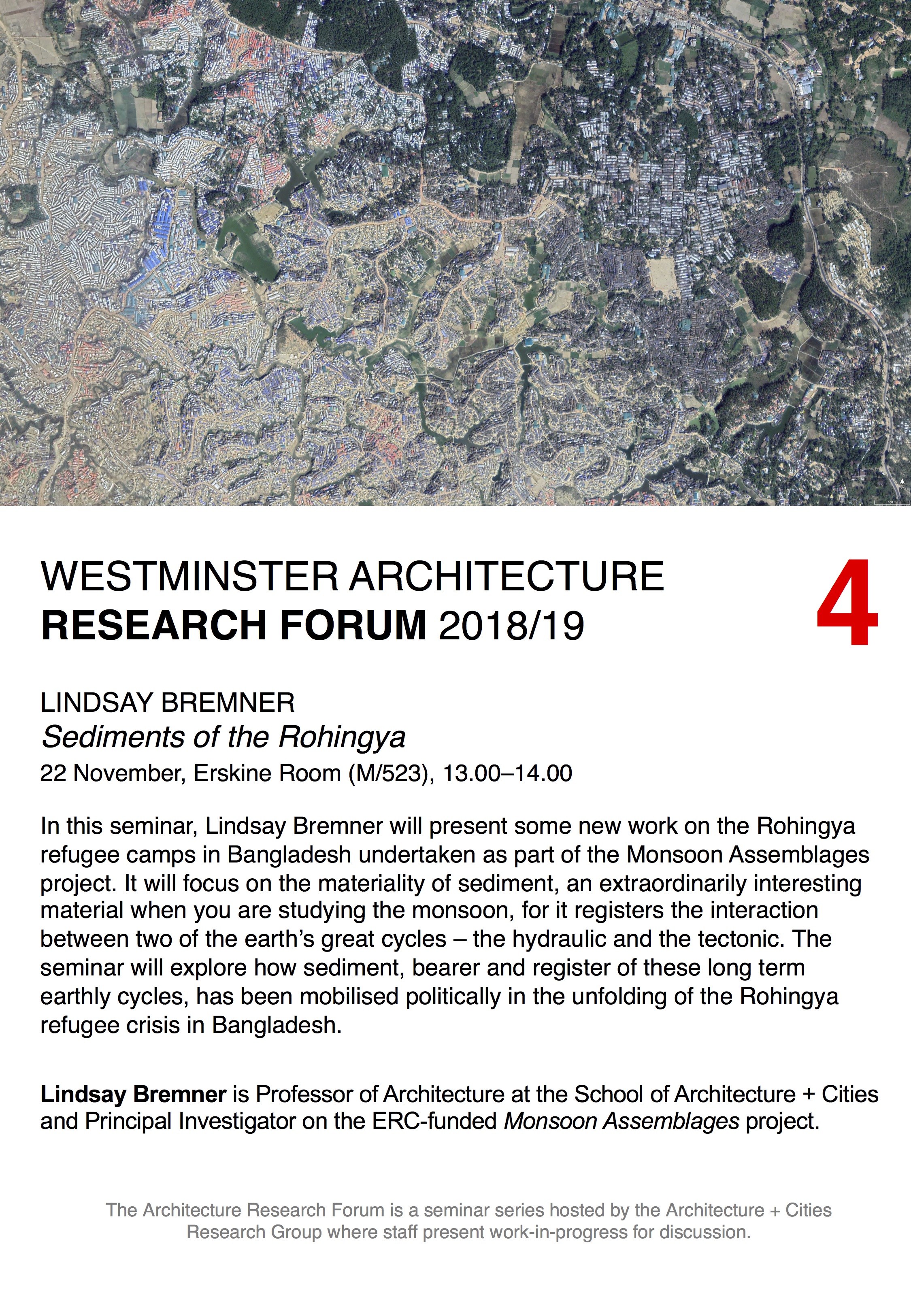Monsoon [+ other] Grounds is the third in a series of symposia convened by the Monsoon Assemblages project. It will comprise a key-note address, inter-disciplinary panels, and an exhibition. The event will bring together scholars and practitioners from a range of disciplines to engage in conversations about geologies, soils, histories, spatialities, and modifications of monsoon [+ other] grounds.
The confirmed keynote speaker is:
Tim Ingold, Professor and Chair of Social Anthropology at the University of Aberdeen. His early work involved ethnographic research amongst the Skolt Saami of northeast Finland. This led to a more general concern with human-animal relations. Most recently, he has been working on the connections between anthropology, archaeology, art and architecture, conceived as ways of exploring the relations between human beings and the environments they inhabit, as mutually enhancing ways of engaging with our surroundings. Ingold is author of numerous books, anthologies and essays, including, most recently, The Life of Lines (Routledge, 2015) and Anthropology: Why it Matters (Polity Press, 2018).
Event Programme
Thursday 21 March
15.30 Registration / Tea
15.45 Welcome: Simon Joss, University of Glasgow
16.00 – 17.00 Exhibition walk-about led by John Cook
Exhibitors: Alexandra Arenes, Matt Barlow, Blue Temple, Hari Byles, Corinna Dean, DS18 students, Tumpa Fellows, MONASS, Ben Pollock
17.00 – 18.00 [multi]grounds
Chair: Ed Wall, University of Greenwich
Lindsay Bremner, MONASS: On sediment as method
Ifor Duncan, Goldsmiths College: Sedimentary Witness
18.30 Keynote Lecture: Tim Ingold, University of Aberdeen
Chair: Lindsay Bremner
Friday 22 March
09.45 Registration / Coffee
10.00 Welcome + introduction: Lindsay Bremner, MONASS
10.15 – 11.30 [over]ground matters
Chair: Godofredo Pereira, Royal College of Art
Alexandra Arenes, University of Manchester: Mapping the Critical Zones
Christina Leigh Geros, MONASS: Here be Dragons
Avi Varma, Goldsmiths College: Unjust Intonations
11.30 – 11.45 Tea
11.45 – 13.00 [inter]ground matters
Chair: Kirsten Hastrup, University of Copenhagen
Owain Jones, Bath Spa University: Monsoon + Tide
Jonathan Cane, University of the Witwatersrand: Permeability, Ocean, Concrete
13.00 – 14.00 Lunch: Convivial Grounds
14.00 – 15.00 [under]ground matters
Chair: Tim Waterman, The Bartlett UCL
Anthony Powis, MONASS: The Materiality of Groundwater: Leaking, Seeping, Swelling, Cracking
Matt Barlow, University of Adelaide: Floating (under) ground
15:00 – 16:00 [in]ground matters
Chair: Alfredo Ramirez Galindo, AA
Eric Guibert, University of Westminster: Architectural Soils
Harshavardhan Bhat, MONASS: About a Monsoon Forest
16.00 – 16.15 Tea
16.15 – 17.30 [with]ground matters
Chair: Radha D’Souza, University of Westminster
Naiza Khan, Goldsmiths College: Sticky Rice and Other Stories
Beth Cullen, MONASS: Brick
Labib Hossain, Cornell University: Wetness and the City: A Critical Reading of the Dry and Permanent Ground Through the Practice of Muslin Weaving in Bengal
17.30 – 17.45 Closing Remarks: David Chandler
17.45 -19.00 Drinks










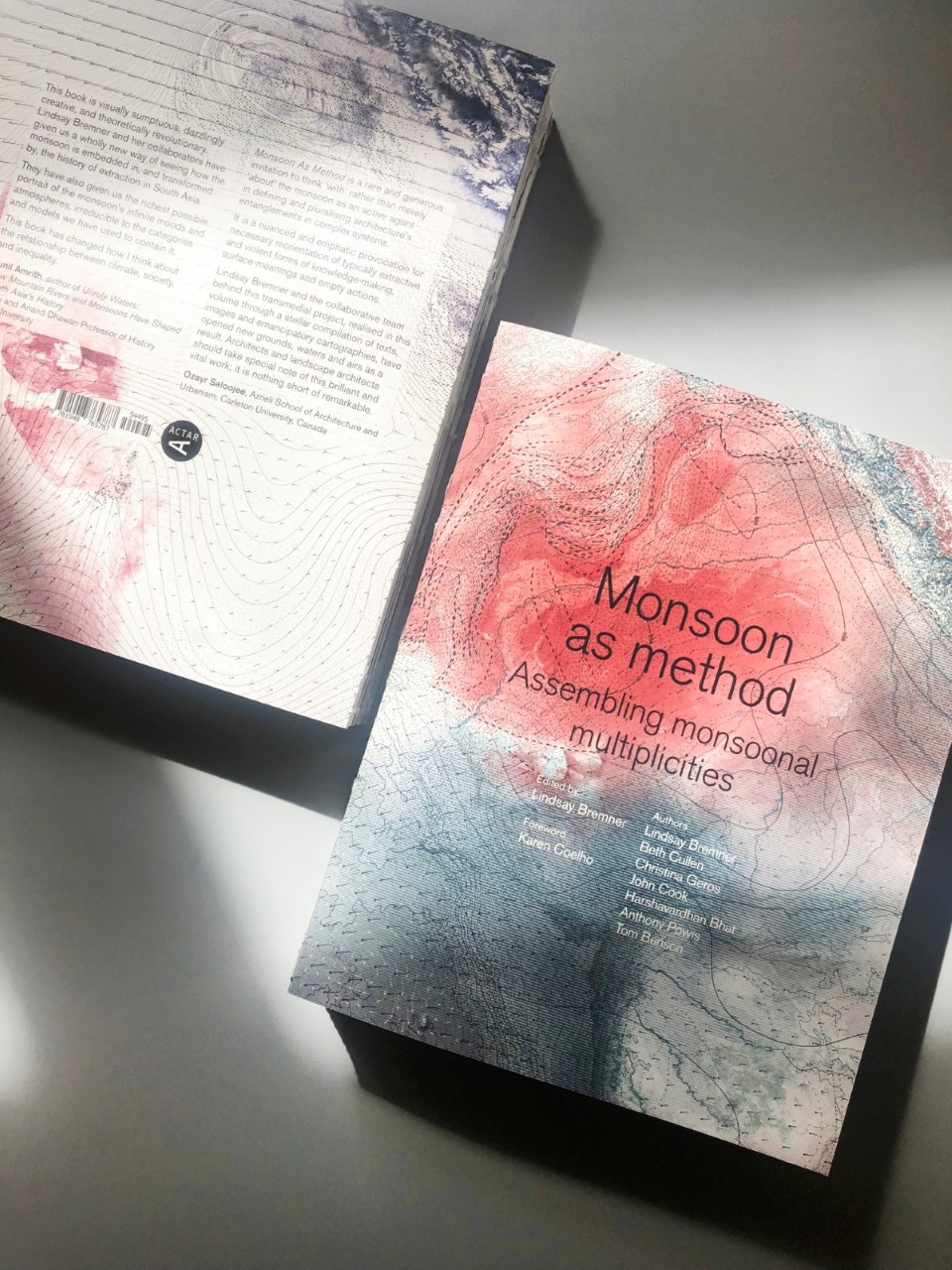
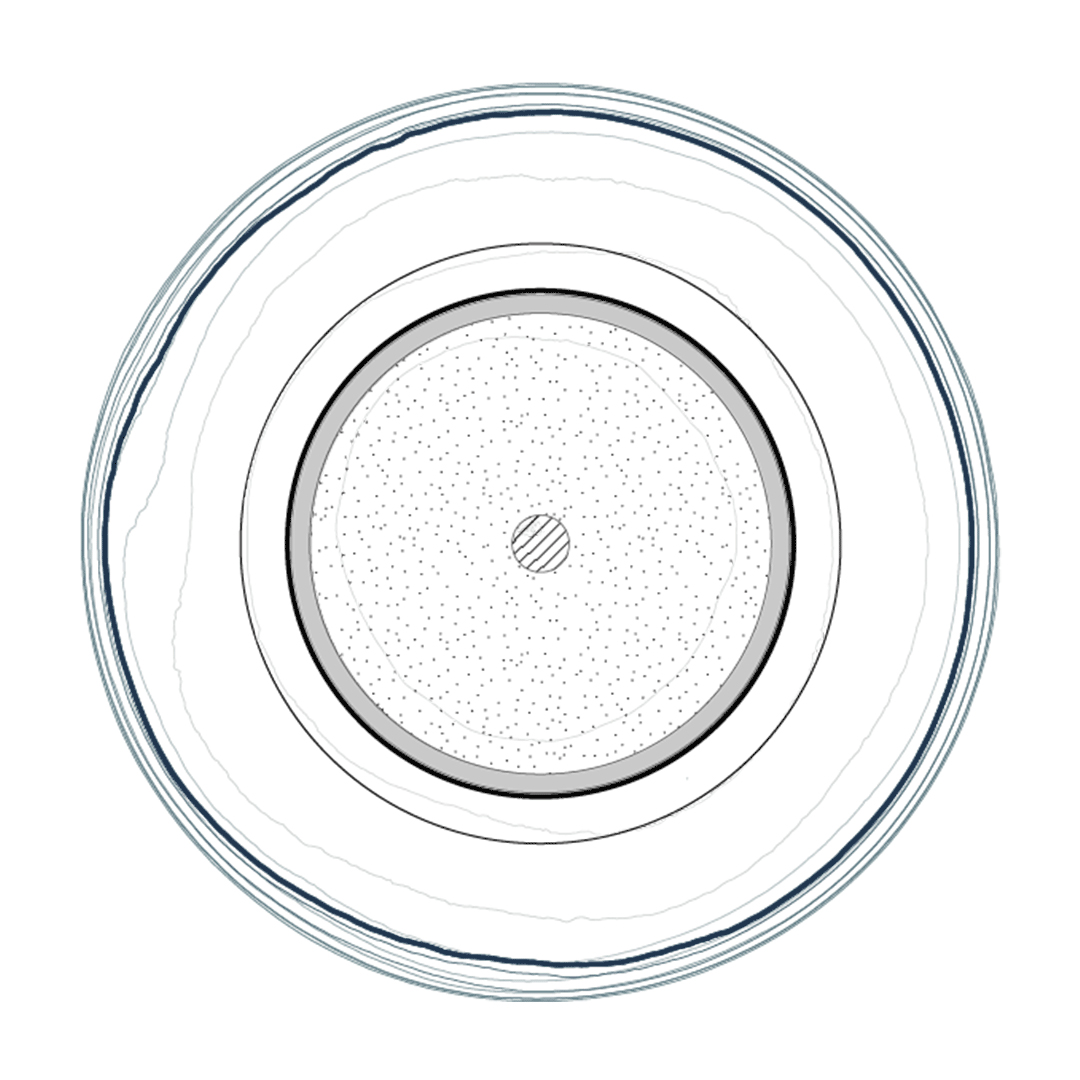
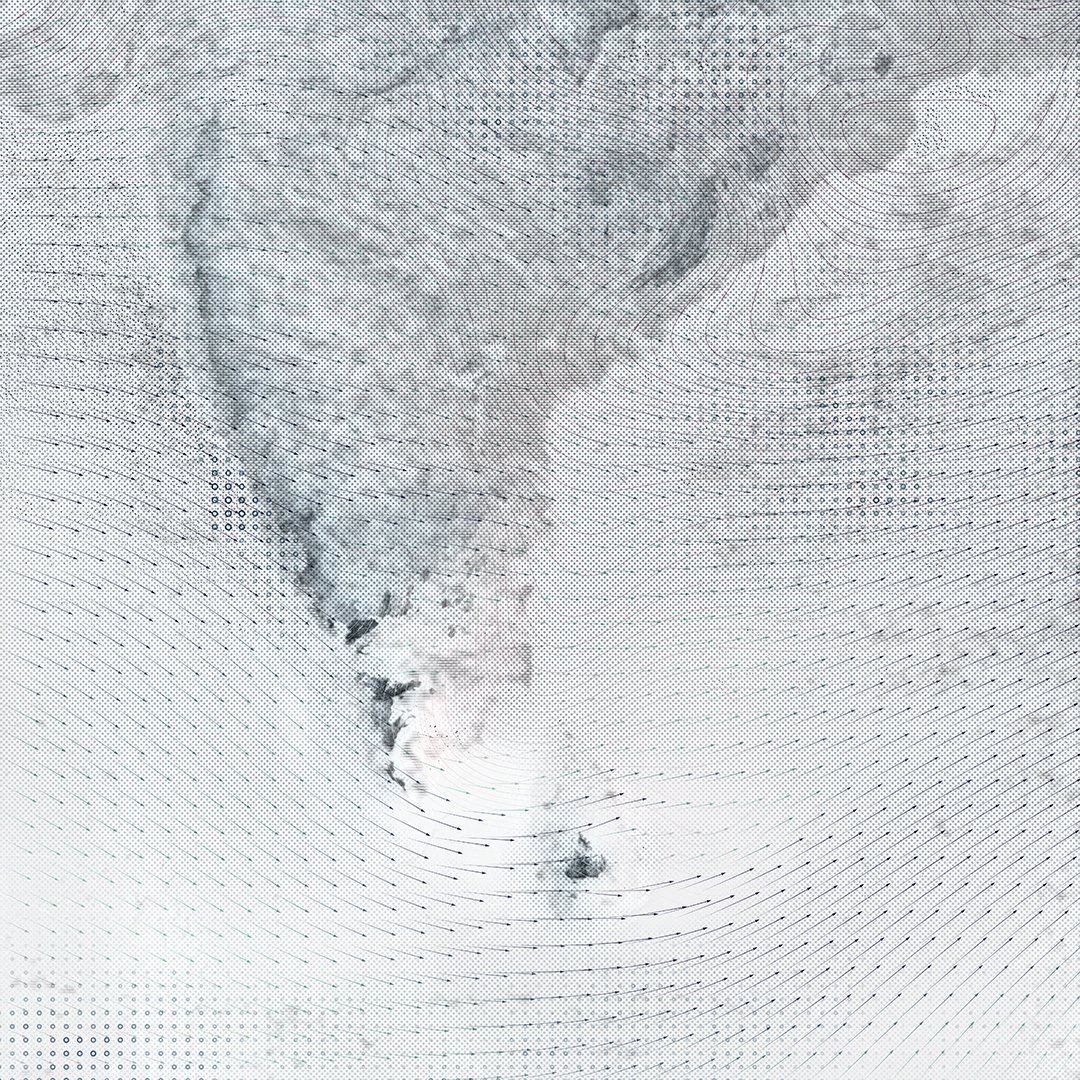

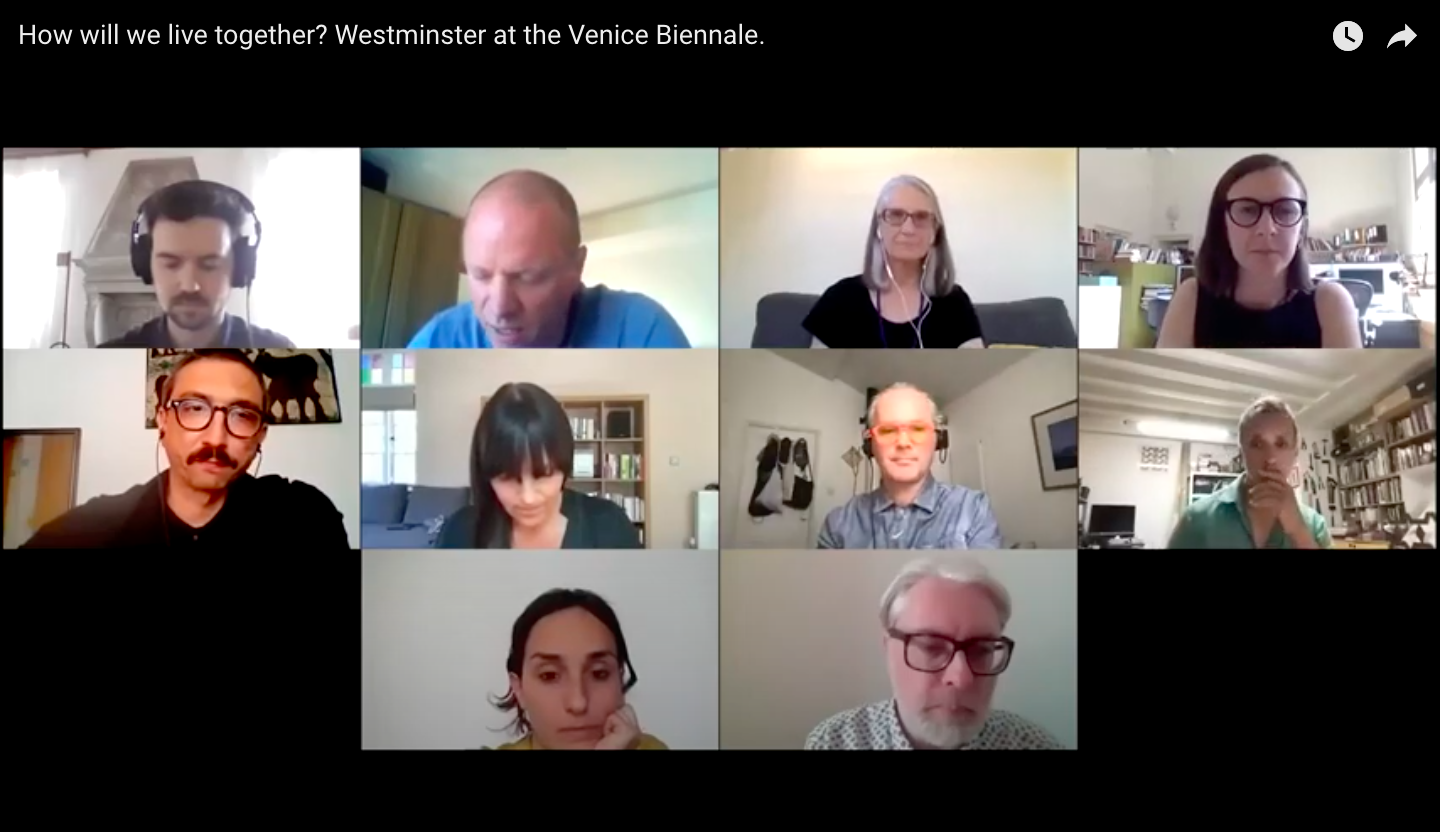
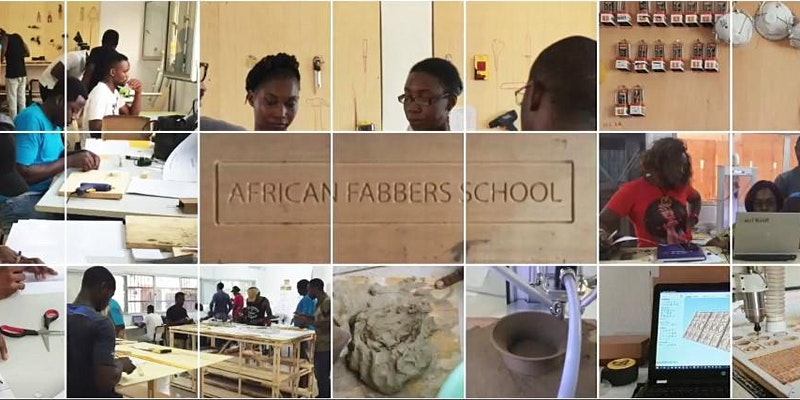
![Monsoon [+ other] Grounds – Full Programme_Thursday 21st and Friday 22nd of March,](http://www.openstudiowestminster.org/wp-content/uploads/2019/03/D2BLq5AX0AAh-O1.jpg)
![Monsoon [+other] Grounds Symposium, Thursday 21st, 16:00 – Friday 22nd of March, 18:00, M416, Marylebone Campus](http://www.openstudiowestminster.org/wp-content/uploads/2019/02/Monsoon-Grounds.jpg)
